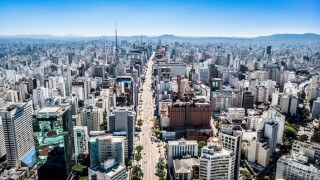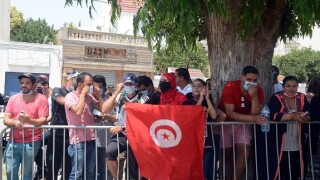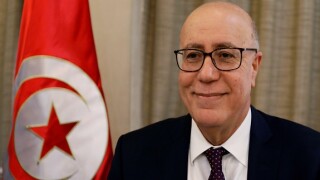Africa Loans
-
Both lenders and borrowers hate the pricing on offer, depending on which part of the market they occupy
-
EM borrowers turning to bank finance but loan market window will not last forever
-
Western lenders had planned to stand by Russia until the invasion of Ukraine in February
-
African infrastructure investor widened its lender pool and secured a tight spread on new loan
-
Days after the Tunisian President Kais Saied shocked the world by freezing parliament and boosting his executive power, sources say that investors have little to be concerned about as conversations with the IMF continue to progress. The political saga, which some are calling ‘much-needed’, will not impact Tunisia’s ability to service its debt.
-
The Republic of Rwanda is set to return to the international bond market for a dollar bond, joining a club of sub-Saharan African sovereigns that have taken advantage of attractive funding conditions in recent weeks.
-
South Africa, historically one of the continent’s most favoured issuers, has come under intense investor scrutiny as it faces a wave of domestic unrest.
-
The London branch of South African lender Investec has successfully debuted in the sustainability-linked syndicated loan market.
-
South African bank Investec is inviting Asian lenders to join a $450m sustainability-linked loan that is being syndicated globally.
-
The number of emerging market syndicated loans is in decline for the fourth year in a row, according to Dealogic data. Bankers' outlooks for the rest of the year err on the pessimistic side, with the fallout from the pandemic being the main concern.
-
The Singapore-incorporated global energy company Puma Energy has bounced back after a planned bond issuance last year failed to materialise, raising $590m in the loan market. Sources say the company’s change of management and reorganisation brought a “sense of relief”.
-
As its debt-to-GDP ratio inflates and its public finances come under pressure, some have wondered if Tunisia will succumb to a debt restructuring process. But the governor of the Central Bank of Tunisia, Marouane El Abassi, told GlobalCapital that the country is intent on securing new IMF funding as a prerequisite to entering capital markets.












